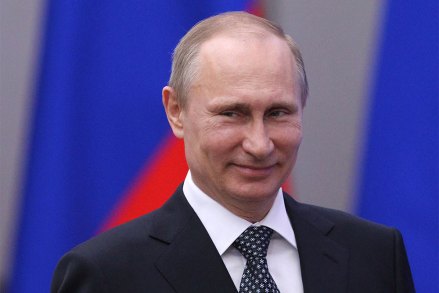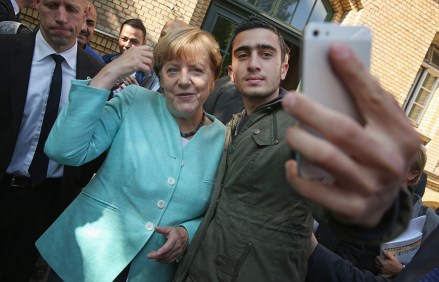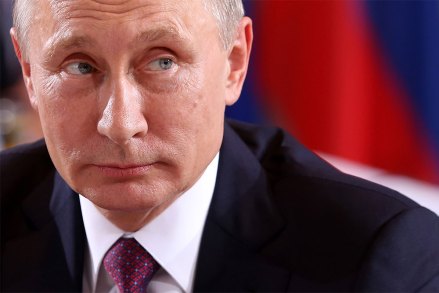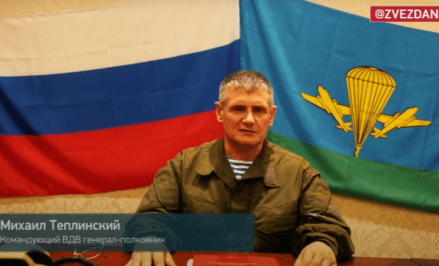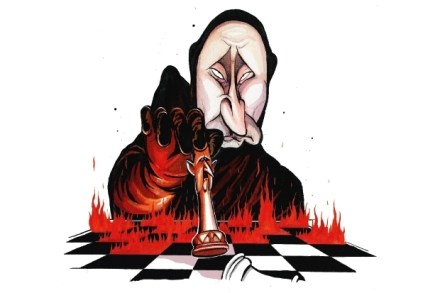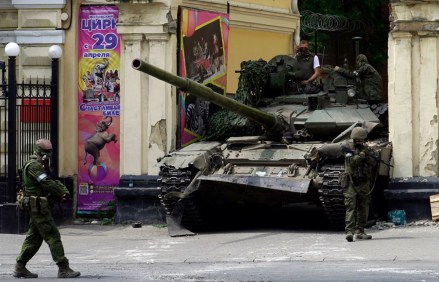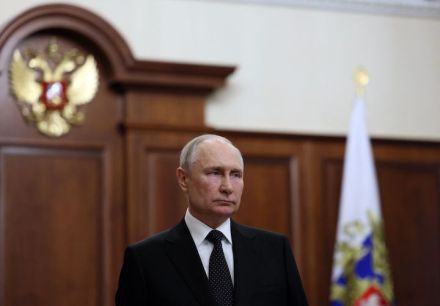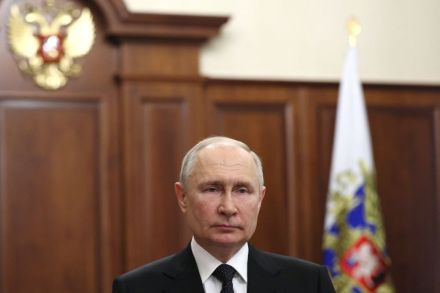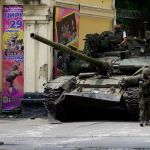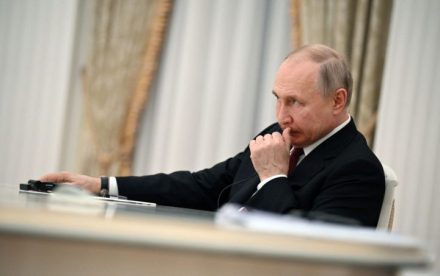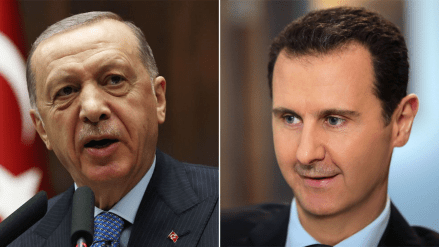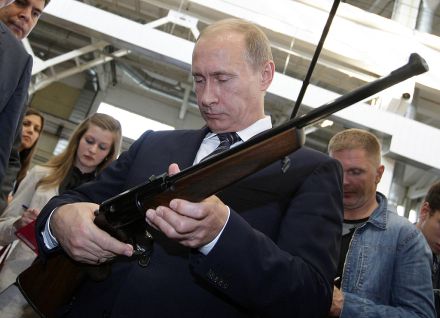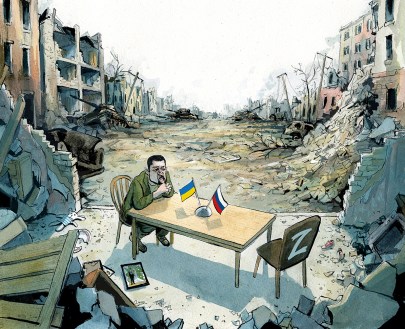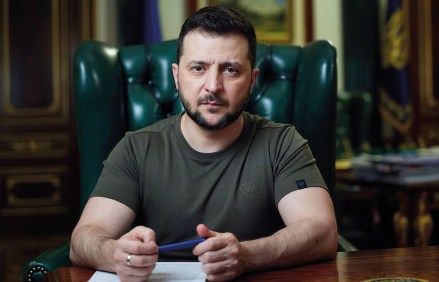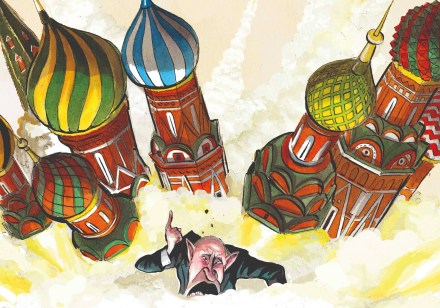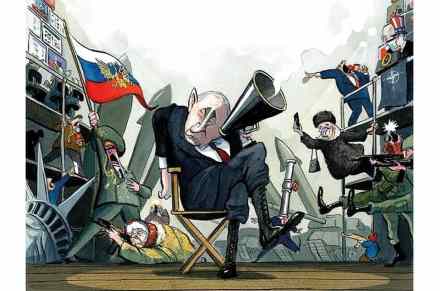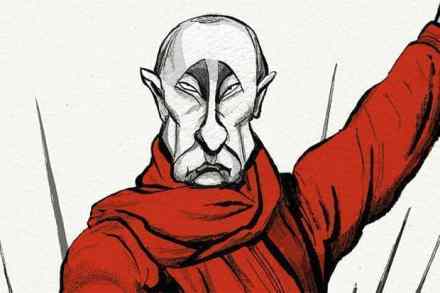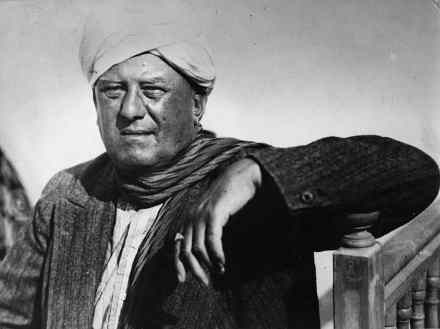Ukrainians can’t trust Putin’s hollow promises
Ukraine’s parliament will soon vote on much-needed conscription regulations which would draft an extra half a million recruits into the army. The categories of eligible men will be expanded, the draft age will be lowered from 27 to 25, and any man caught attempting to evade it will face harsh sanctions or imprisonment. Volodymyr Zelensky has stopped talking about victory coming any time soon. His New Year’s message was grim: everyone must either fight or help through work. Ukrainians are braced for another year of war. But talk of ‘peace’ or ‘compromise’ is still seen as code for a surrender which would reward rather than punish Vladimir Putin’s atrocities, cede
